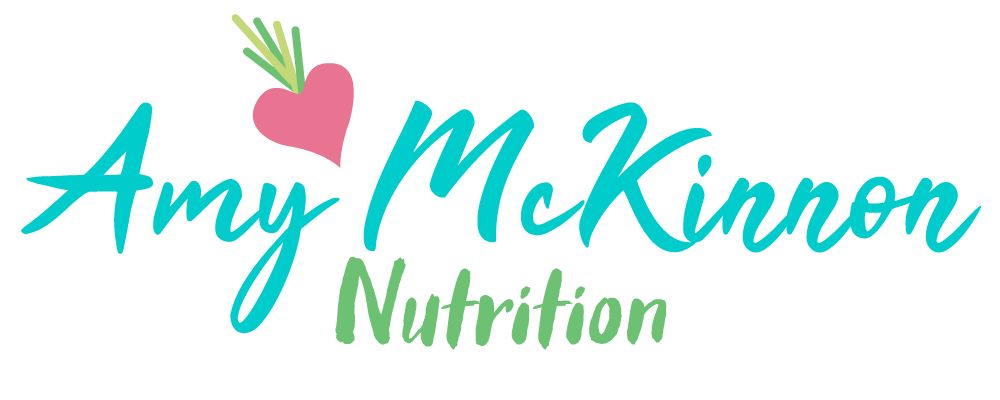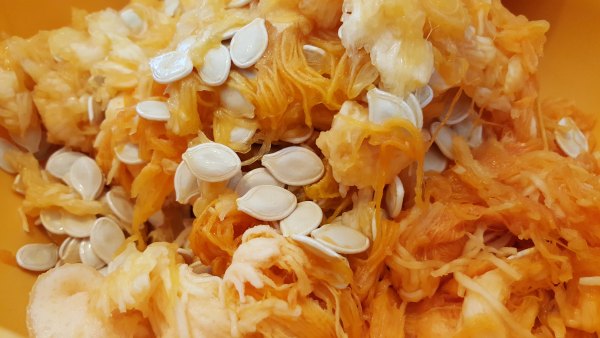Don't you need to eat meat to get enough iron?
Recommendations for adequate iron intake (on a plant based diet).
This is a question often asked of me by my female clients.
When it comes to specific topics, such as this, I brush up on my research prior to giving my recommendations – looking to highly regarded nutrition sources such as Nutritionfacts.org and Dr Michael Greger, a prominent doctor and research investigator in plant-based nutrition.
I also look to the Physicians Committee for Responsible Medicine, an online preventative medicine resource, headed up by Dr Neal Barnard.
A lot of people believe red meat is a good source of iron, with the popular presumption that heme iron (found in red meat) is superior to non-heme iron (found in plant foods).
Although our bodies absorb heme iron more easily than non-heme iron, this is not an optimal resolution to increase iron levels.
When looking at ways to address a particular health issue we have to look at the whole picture.
Heme iron is found in red meat and is absorbed easier than non-heme iron found in plants, but is increasing consumption of red meat beneficial for our overall health?
Our body needs iron to keep our blood cells healthy. If we have low levels of iron we can experience symptoms of fatigue, pale skin, shortness of breath, dizziness amongst others.
Iron is an essential vitamin for our cells to function properly, but too much iron is shown to be linked to the formation of free radicals – increasing the risk of cancer.
When we consume too much iron, our body absorbs the iron through the digestive tract and stores it. Iron overload is a more common problem than iron deficiency within western society.
Iron excess is generally from taking iron supplements and consuming large amounts of red meat, which most people on the standard American/Australian diet already do.
Iron supplementation and eating red meat is a quick fix for iron deficiency that can be detrimental to overall health.
I recommend to all my clients, iron deficient or not to choose plant based sources of iron. This ensures that they are getting enough iron their body needs without the body storing any excess and creating free radicals.
Our bodies do a brilliant job at regulating the intake of macro & micro nutrients when given the right foods. When we consume iron from plants, our bodies absorb the amount we need, therefore it is extremely hard for us to consume too much iron when eating plant foods.
For my clients who have an iron deficiency, I do recommend the short-term use of iron supplements to get their iron levels back within the normal range. This is generally for a 3-month period and then they can return to getting their iron from plant foods.
People who have consistent low levels of iron may need to focus on consuming specific foods that are high in iron at every meal.
I also recommend, particularly from women to ask their doctors to do the following iron tests:
- Serum iron
- Serum ferritin (normal levels are between 14-60mcg/L of serum)
- Total iron binding capacity (TIBC).
Your doctors divide the serum-iron level by the TIBC and the results for women should be 16-50% and for men 16-62%.
Any results below the norm indicates iron deficiency and anything above the norm indicates iron overload.
For my clients with an iron deficiency I work with them to include more plant based sources of iron into their daily meals.
For clients with an iron overload, I work with them to reduce or eliminate their consumption of red meat.
So, where can you get your iron?
Iron is abundant in plant food:
- Beans
- Dark green vegetables
- Dried fruits
- Blackstrap molasses
- Nuts and seeds
- Whole grain breads and cereals
My personal favorites are blackstrap molasses – 1-2 tbspns a day, leafy green vegetables (kale) and legumes (navy & butter beans).
Resources:



